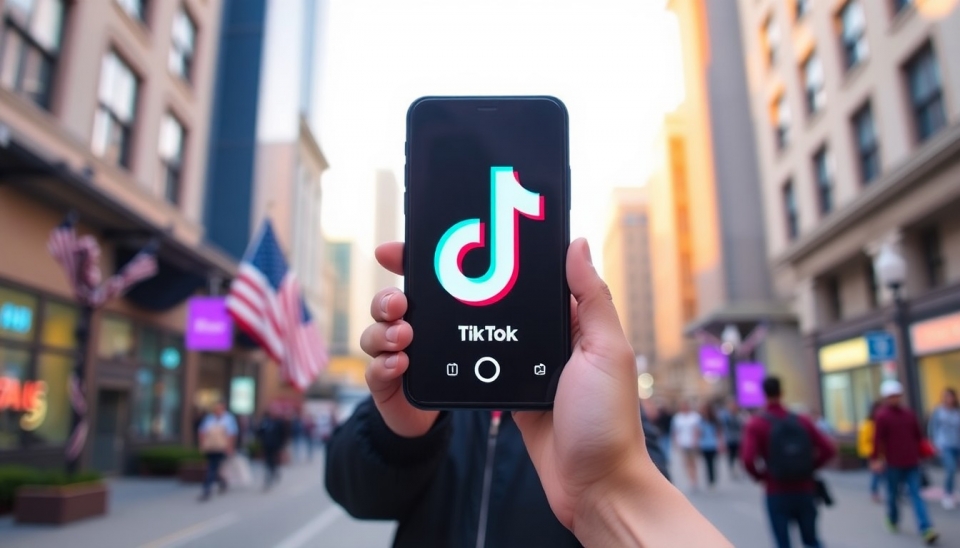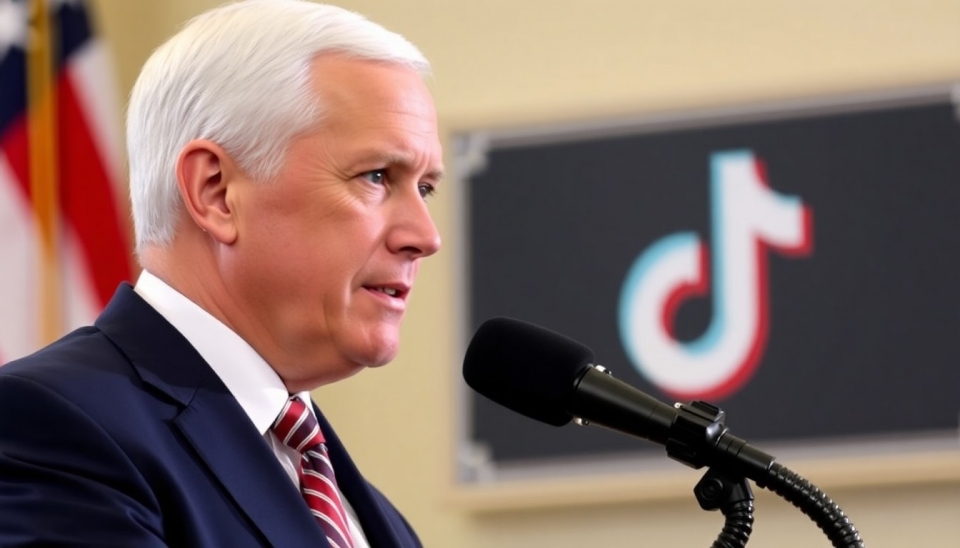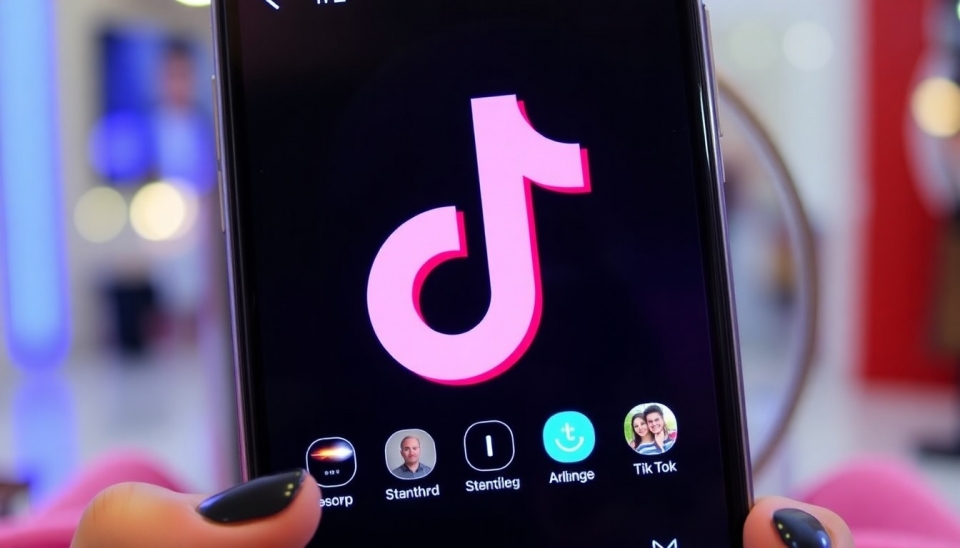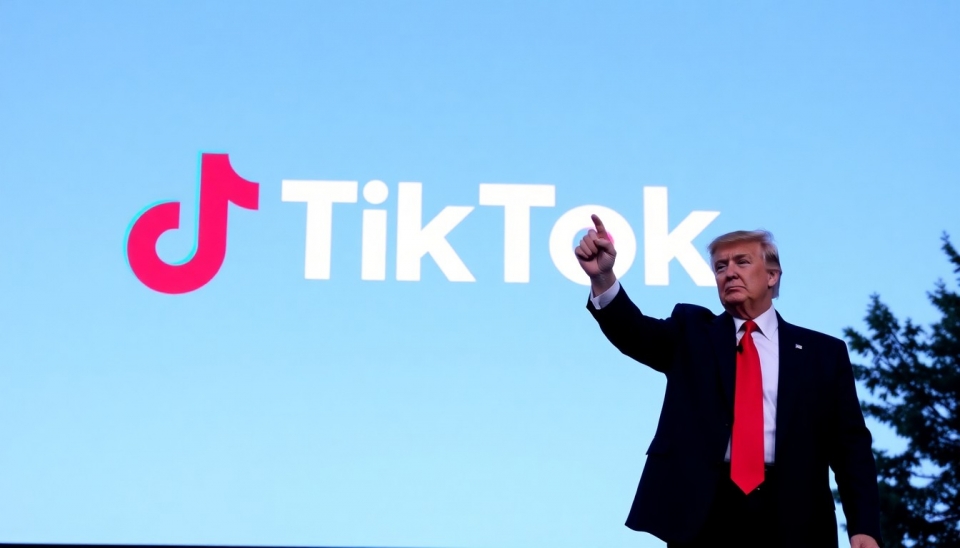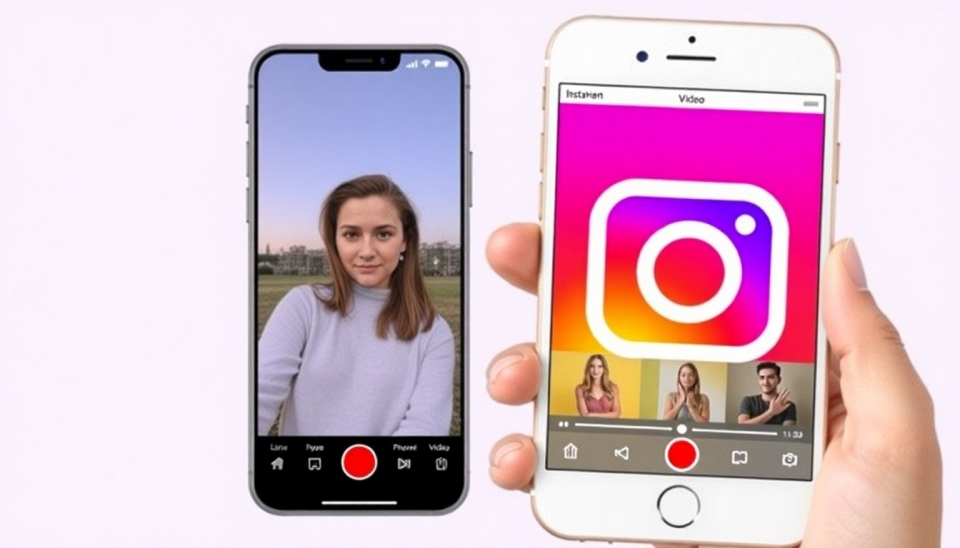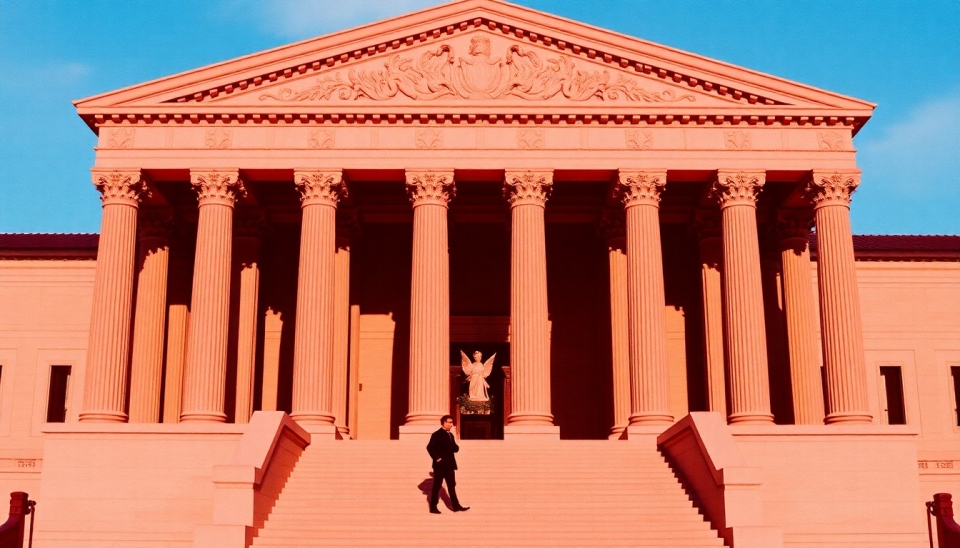
In a pivotal session before the U.S. Supreme Court on January 9, 2025, justices dissected the potential ban on the popular social media platform TikTok, a move primarily fueled by escalating national security concerns. The court's deliberation concluded with several significant takeaways that could shape the future of not just TikTok, but also the broader landscape of social media regulation in the United States.
At the heart of the matter is the contention from the U.S. government that TikTok, which is owned by Chinese tech company ByteDance, poses a grave risk due to perceived data security issues and the potential for foreign influence. The administration argues that the app could be compelled to share user data with the Chinese government, thus endangering American users' personal information.
During the hearing, the justices grappled with the implications of a ban, weighing the intricacies of national security against the First Amendment rights of users. Several justices expressed concerns over the lack of concrete evidence linking TikTok to any direct threat, with some questioning the validity of the government's claims and emphasizing the importance of ensuring that any restrictive measures do not set a dangerous precedent for free speech rights in the digital age.
Justice Elena Kagan highlighted the need for a "compelling rationale" behind the potential ban. She noted the importance of not only addressing security fears but also ensuring that any governmental action is justified and proportional. This sentiment was echoed by other justices, indicating a robust skepticism regarding the government's comprehensive rationale for restricting an app that has become a staple of modern communication and expression.
The attorneys representing TikTok argued fervently for the platform's users, emphasizing the app's role as a tool for creativity, connection, and expression among millions of Americans. They highlighted that the platform’s cultural significance cannot be understated, and a ban would unfairly penalize its user base, potentially infringing upon their First Amendment rights.
In addition to the Free Speech arguments, the hearing also touched upon the technical aspects of data privacy and security. Justices were keen to understand the measures TikTok has implemented to safeguard user data. The company’s legal team presented details regarding its stringent privacy protocols and commitment to transparency, which they argued significantly mitigate the risks cited by the government.
Experts watching the proceedings noted that the Supreme Court's decision could potentially create a framework for how similar cases would be handled in the future, especially as technology continues to evolve and intersect with national security interests. The court’s ruling will likely provide guidance on balancing security imperatives with the essential freedoms that underpin American democracy.
As both sides await the court’s verdict, the implications of this case extend beyond TikTok. The outcome could catalyze broader discussions on digital rights, government regulation, and the protection of user privacy in an ever-evolving digital landscape. Critics worry that a ban could embolden future efforts to restrict other platforms, establishing a concerning pattern of censorship under the guise of national security.
Analysts suggest that this case may set a crucial precedent for how governments approach not just apps and platforms from foreign owners, but also the dynamics of globalization and user rights in an interconnected world. With the rapid pace of digital transformation, the stakes have never been higher for individuals and tech firms alike, making the Supreme Court’s decision all the more consequential.
In conclusion, the Supreme Court’s hearing on the anticipated TikTok ban echoes profound questions about privacy, security, and freedom of expression in the digital age. As the justices continue to deliberate, the country watches closely, knowing that the verdict will likely influence the regulatory landscape surrounding social media and data privacy for years to come.
#TikTokBan #SupremeCourt #FirstAmendment #NationalSecurity #SocialMediaRegulation #PrivacyRights #DataSecurity
Author: John Miller
